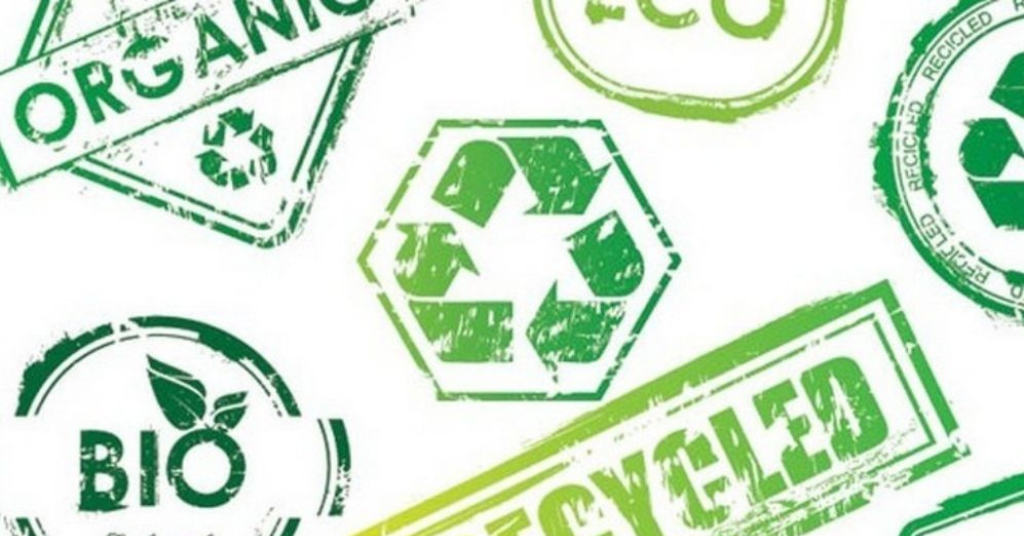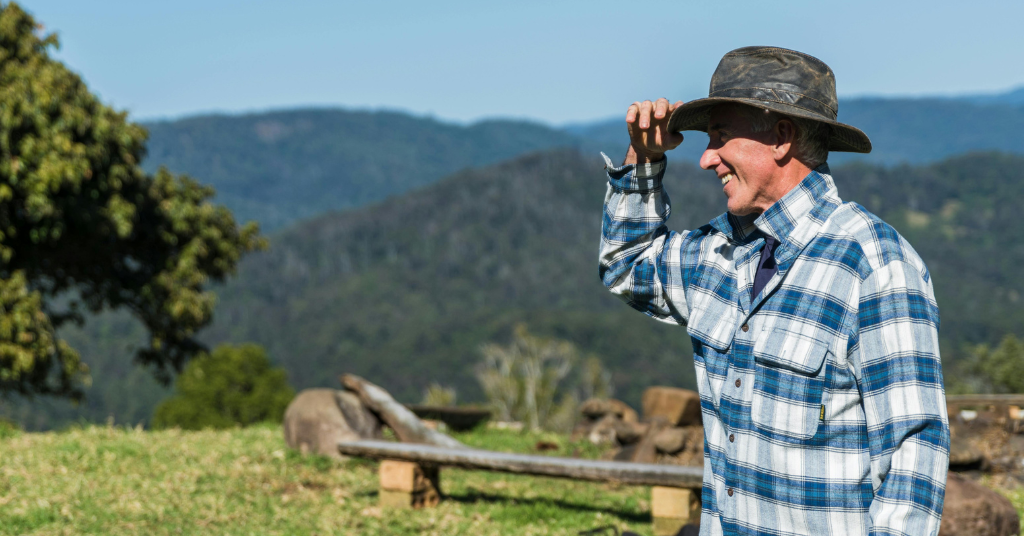Greenwashing is making false or misleading claims about the environmental benefits of a product or practice, attempting to emphasize the sustainable aspects of the product to overshadow the company’s involvement in environmentally damaging practices.
- Nature-based imagery on product packaging and in advertising—trees, leaves, or animals—can suggest sustainability, even if the company or product is actively damaging the environment or not taking real steps to protect it.
Greenwashing undermines credible efforts to reduce emissions and tackle the climate crisis. Through deceptive marketing and false claims of sustainability, greenwashing misleads consumers, investors, and the public, inhibiting trust, ambition, and action needed to bring about global change and secure a sustainable planet.
A good example of greenwashing: in 2017, the US retail chain Walmart had to pay a $1 million fine after it labeled some of its plastic products as “biodegradable.” This was literally true, because at some point in the future, plastic will biodegrade, but it doesn’t matter whether it’s one year or hundreds of years from now. The label therefore misleads consumers, disguising the product in question as ‘green’.
What can you do to avoid falling into the greed-washing trap?
- Take the time to do your research and choose products from companies that use resources responsibly and are committed to reducing their emissions and waste.
If a product claim sounds too good to be true, it probably is. Be wary of terms such as “eco-friendly,” “all-natural,” or “biodegradable,” which are used without giving any concrete information about what makes a product eco-friendly. - A product with a green certificate logo does not mean that it is environmentally friendly. While some reputable certificates exist, many others are easy to obtain and do not have strict standards. In some cases, companies create fake certification logos to greenwash their products. Some examples of well-respected certifications are B Corp Certification, Fairtrade Certification, and Forest Stewardship Council FSC Certification.
- When evaluating a product, it is essential to consider the whole life cycle of the product, from production to disposal. Some products may have a small impact on the environment during manufacture, but their overall impact is much greater if they are not recyclable or compostable. When looking at products, try to find those made from sustainable materials such as bamboo or coconut that can be composted at the end of their lives.
Resources and references:
https://www.investopedia.com/terms/g/greenwashing.asp
https://www.un.org/en/climatechange/science/climate-issues/greenwashing




